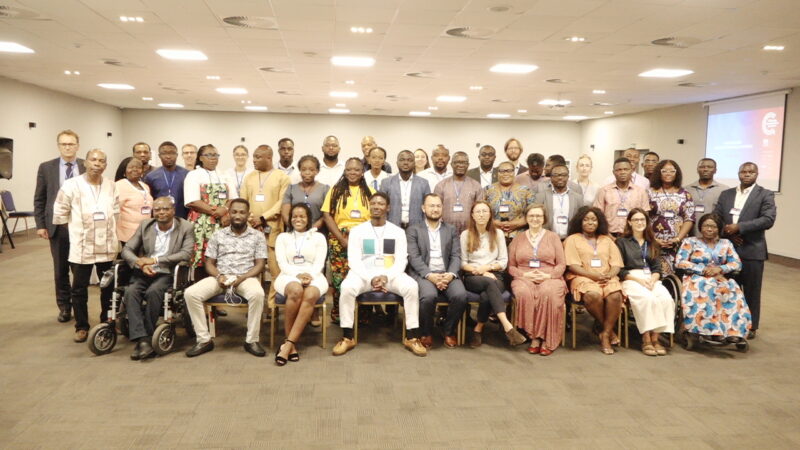Empowering Ghana's Energy and Transport Transition: CCG Network's Sustainable Pathway
Key Ideas
- The Ghana Climate Compatible Growth (CCG) Network launched Special Interest Groups (SIGs) focusing on energy transition and climate-resilient development to promote sustainable solutions.
- Experts from academia, industry, government, and civil society gathered in Accra to discuss strategies for infrastructure, energy, and transportation transitions.
- Financing Ghana's net-zero emissions goal by 2060 is estimated to require approximately $550 billion, with significant allocations for power, transportation, and hydrogen sectors.
- CCG's collaborative efforts aim to support Ghana's transition from fossil fuels to clean energy by 2050, emphasizing renewable energy, clean cooking solutions, and inclusive development.
The Ghana Climate Compatible Growth (CCG) Network is actively working to unify stakeholders across sectors in Ghana to champion sustainable energy and transportation solutions. In August 2024, the CCG launched Special Interest Groups (SIGs) focusing on the country's energy transition and climate-resilient development. These SIGs cover crucial areas such as New Energy Vehicles, Green Hydrogen, Financing the Energy Transition, Inclusive Net-Zero Emissions Future, and Clean Cooking. The goal is to leverage these groups to promote the adoption of CCG research and knowledge, supporting capacity-building initiatives and generating insights for Ghana's sustainable future. A recent annual workshop held in Accra brought together 68 experts to discuss strategies related to infrastructure, energy, and transportation transitions, emphasizing the transformation of ideas into impactful projects for decarbonization goals. The workshop highlighted the need for substantial financing, with Ghana estimating a cumulative capital investment of about $550 billion, primarily allocated to power, transportation, and hydrogen sectors. Funding is expected from various sources, including the Government of Ghana, Multilateral Development Banks, Development Partners, and Private Financiers and Beneficiaries. The CCG activities in Ghana, led by Prof Francis Kemausuor, focus on collaborative research and analysis to support sustainable energy and transportation goals. The Deputy Director of CCG, Prof Jairo Quiros-Tortos, expressed enthusiasm for the transition to clean energy by 2050. The Ghana CCG Network remains dedicated to creating sustainable pathways for energy and transportation transitions, setting the stage for a resilient and climate-compatible future in Ghana.
Topics
Green Hydrogen
Sustainability
Net Zero Emissions
Development
Capacity Building
Climate Resilience
Financing Challenges
Latest News
